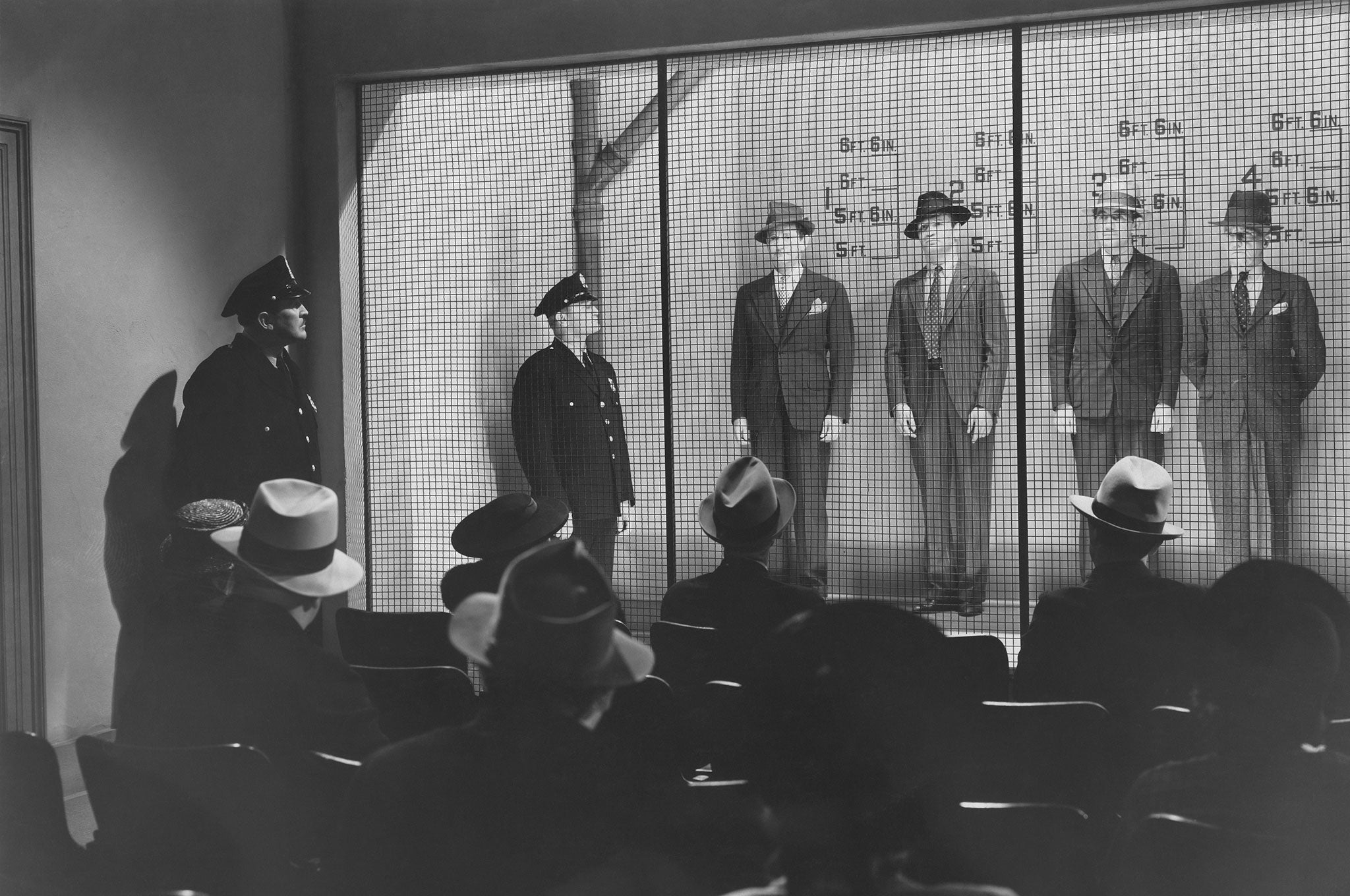Are you a super recogniser? Take the quiz
Psychologists have realised that some people have a heightened ability for facial recognition

Individuals who work in forensics, crime or security settings are often required to compare faces and recognise suspects.
In the last 10 years, psychologists have realised some people have a heightened ability for facial recognition - which “sets them apart” from the rest of the population.
These “super recognisers” would be expected to excel on tests like the Cambridge Face Memory Test, and many scientists are now testing whether these skills can be put to more practical use.
A study published in Applied Cognitive Psychology by Anna Bobak and her colleagues tested seven super recognisers on two different tasks.
The first involved the super recognisers and 22 student volunteers, who were asked to look at a still image of an unfamiliar face captured on CCTV and then asked to recognise that face from a different angle among 9 other faces.
Most people find this task difficult, but the super recognisers correctly identified the target face on more than 93 per cent of trials, compared with an average hit rate of 80 per cent among the students.
The second test used CCTV stills of 20 faces, with the idea that the subjects were missing or wanted. After a distraction, recognisers then had to identify those people in a series of 40 five-second video clips, where a person walked down a dimly-lit corridor.
While they struggled more with this task, the super recognisers still out performed the students, with 67 per cent and 58 per cent accuracy rates respectively.
You can test your own skills at facial recognition in the Cambridge Face Memory Test. Let us know in the comments how you get on.
Join our commenting forum
Join thought-provoking conversations, follow other Independent readers and see their replies
Comments
Bookmark popover
Removed from bookmarks